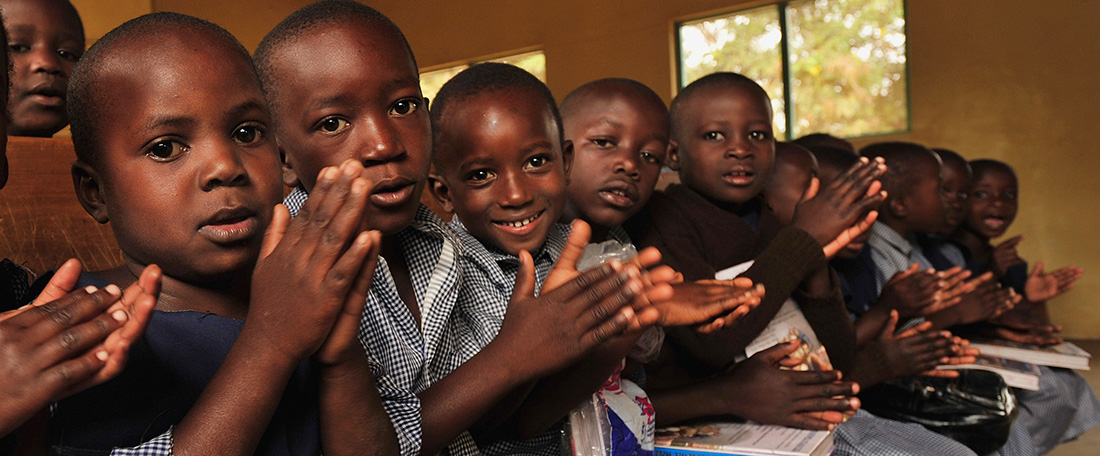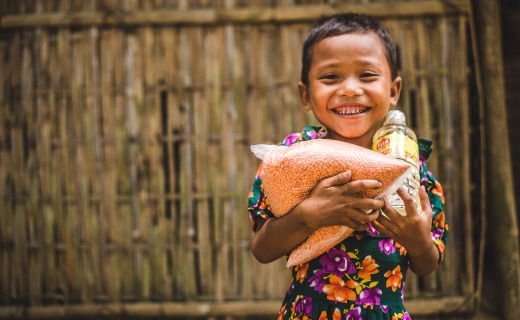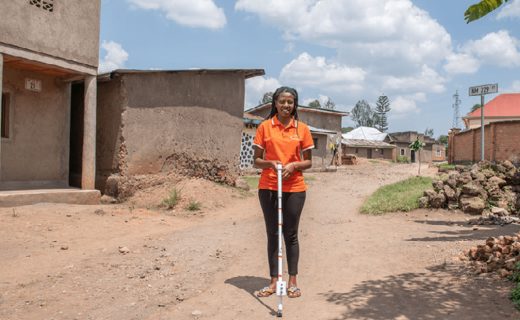Tanzania
Capital City: Dar Es Salaam
Population: 55 million
Life expectancy: Male: 61.6 years, Female: 64.6 years
Population with improved drinking water: Urban: 77.2%, Rural: 45.5%
Population with improved sanitation: 15.6%
Percentage of children underweight: 13.7%
Literacy Rate: Male: 83.2%, Female: 73.1%
Child Labour: 29%
Religion: Christian 61.4%, Muslim 35.2%, folk religion 1.8%, other 0.2%, unaffiliated 1.4% (2010)
Percentage living below the poverty line: 22.8%
A little bit of history
Shortly after achieving independence from Britain in the early 1960s, Tanganyika and Zanzibar merged to form the nation of Tanzania in 1964. One-party rule ended in 1995 with the first democratic elections held in the country since the 1970s.
Unlike its warring neighbours, Tanzania is one of the few countries in the Great Lakes Region to enjoy relative peace and political stability. It’s renowned for its abundant wildlife, the Serengeti and Lake Victoria, but remains one of the most resource-poor and impoverished nations in the region.
How Tanzania makes a living
Almost 68 per cent of Tanzania’s population, over 33 million people, live in poverty. Tanzania has very little in the way of natural resources and consequently relies on agriculture for its income. In fact, almost a quarter of the country's GDP is gained through agriculture and the sector employs approximately half the working population. However, despite its numerous natural wonders in the Serengeti and Lake Victoria, only a small percentage of the land can be cultivated for crops, limiting the scope for development.
Challenges faced by children
There are certainly plenty of challenges faced by children in Tanzania. Up to one third of deaths in children under-five years are related to poor hygiene. In fact, every hour five children in Tanzania die due to preventable diarrhoea alone.
Tanzania is making good progress in containing its HIV and AIDS epidemic. The national prevalence among the general population is estimated to have dropped from 5.3 percent in 2014 to 4.6 percent in 2018. Nevertheless, it’s estimated that about 100,000 Tanzanians between 15–49 years are newly infected with HIV each year.
Compassion in Tanzania
Compassion is working in partnership with 506 churches in Tanzania to give more than 103,242 children the skills, resources and encouragement they need to overcome poverty and fulfil their potential.
What sponsored children learn in tanzania
Project days in Tanzania are generally held on Saturdays. Sponsored children will also attend for a couple of hours after school during the week. During a typical project day, sponsored children will participate in activities such as…
8.00am Breakfast, devotion time and cleanliness inspection. When they arrive, children are given tea served with snacks, possibly an egg, bread or buns.
9.00am Spiritual lessons. Children sing songs and learn Bible stories.
10.30am Break time. Children can play in a safe environment and develop friendships.
11.00am Social lessons. From conflict resolution to developing healthy self-esteem and a Godly character, children who often come from challenging home environments are taught social and personal skills.
12.00pm Lunch and social time. Children get a meal that may comprise of rice and beef, beans and fruit, ugali (stiff porridge) and beans or beef. Project staff aim to increase children’s protein intake as few receive enough at home.
13.00pm Health lessons. Children are taught practical health and hygiene tips. Example topics include how to prevent malaria, HIV, and the prevention, recognition and response to child abuse.
14.00pm Letter writing and career planning. Older children work with project staff to identify their strengths and interests, setting realistic goals for their future.
Projects in Tanzania also offer extra curriculum activities including sports, games, camping, tree-planting in community areas and cleanliness activities in the community. Children also participate in public celebrations such as AIDS Day, the Day of the African Child or Uhuru Day. Parents and caregivers are offered parenting classes.





